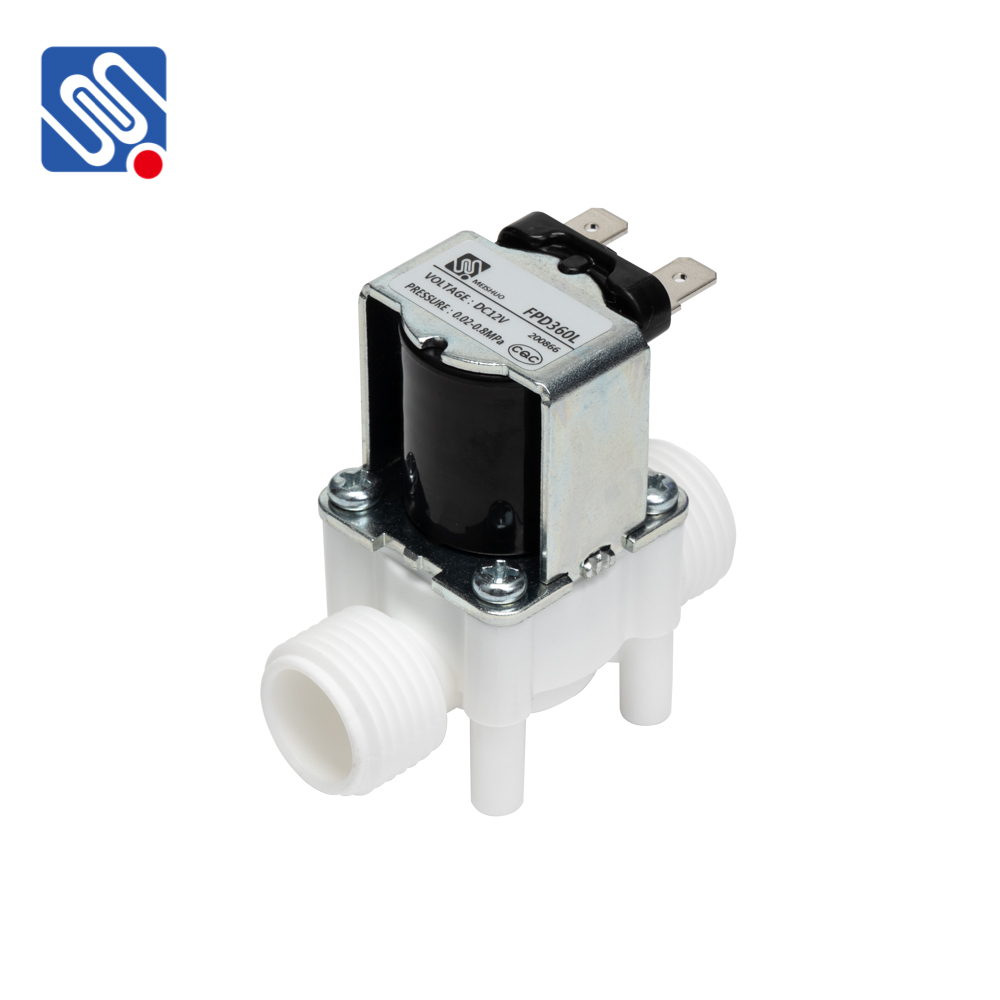understanding the ac solenoid valve: a key component in modern systems
Release time:2025-06-08 06:50:31
The AC solenoid valve is a critical component in many industrial, commercial, and residential applications. Its primary function is to control the flow of liquids or gases in a system by utilizing an electromagnetic solenoid. These valves are commonly used in systems that require automated control, such as HVAC (heating, ventilation, and air conditioning) units, irrigation systems, and water treatment plants. In this article, we will explore what AC solenoid valves are, how they work, their applications, and the advantages they offer.

What is an AC Solenoid Valve? An AC solenoid valve is a type of valve that uses an electric current to control the flow of fluids (liquid or gas) through a pipe or conduit. The "AC" refers to alternating current, which powers the solenoid coil within the valve. When electrical current flows through the solenoid coil, it generates a magnetic field that moves a plunger inside the valve. This movement either opens or closes the valve, depending on the design, allowing or stopping the flow of the fluid. Solenoid valves are often employed where automation is required to regulate fluid flow without manual intervention. These valves are typically composed of a coil, a plunger, a valve body, and seals to ensure proper sealing and prevent leakage.

